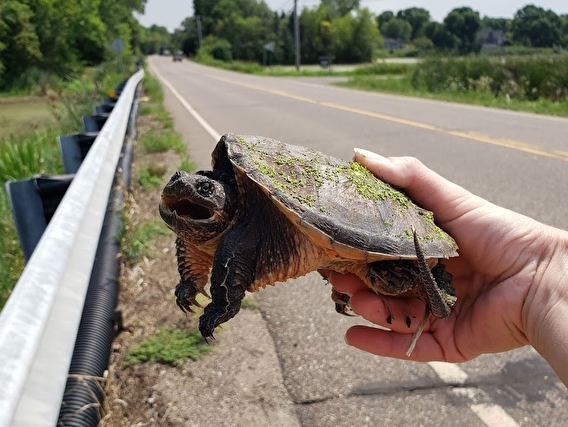Statewide trends indicate enormous growth potential in the market share for electric vehicles (EVs) in the next decade. The city of St. Anthony, which straddles Hennepin and Ramsey counties in the Twin Cities metro, worked with the U of M last semester to gain guidance for mapping its own electric future. The city is one of the 2019–2020 community partners in the U’s Resilient Communities Project (RCP).
